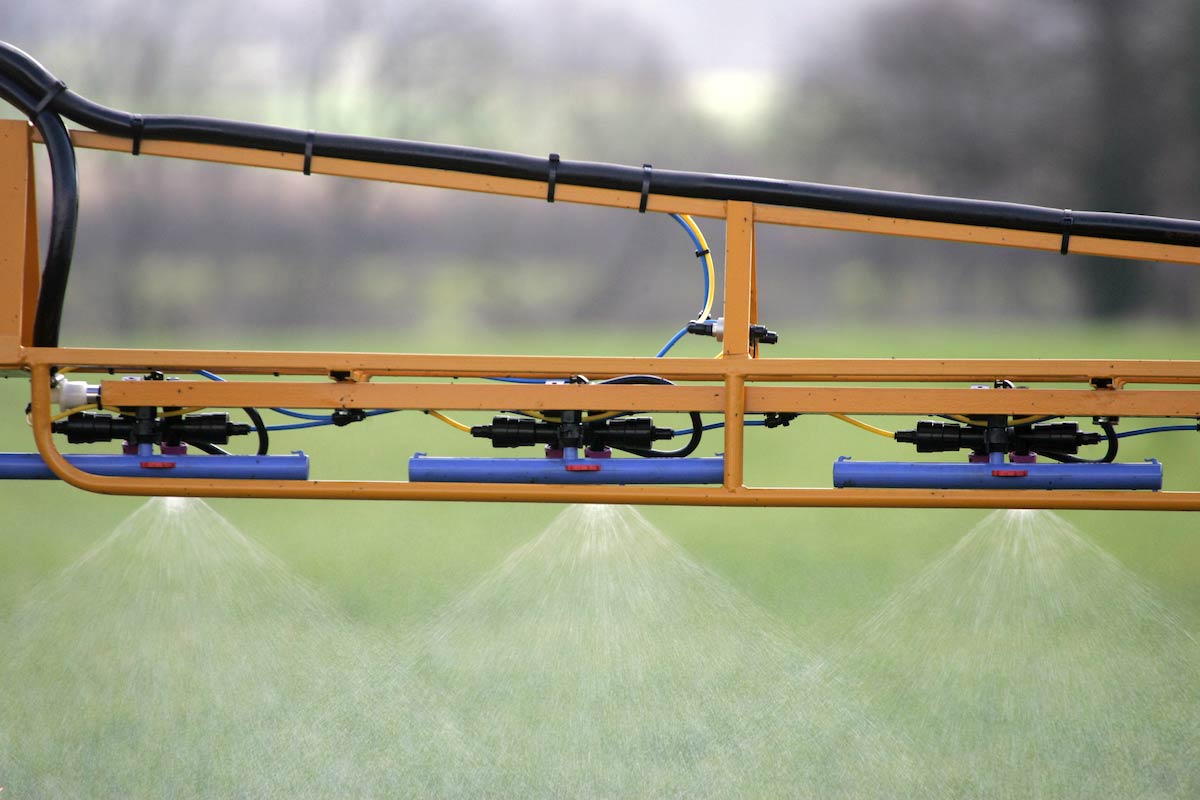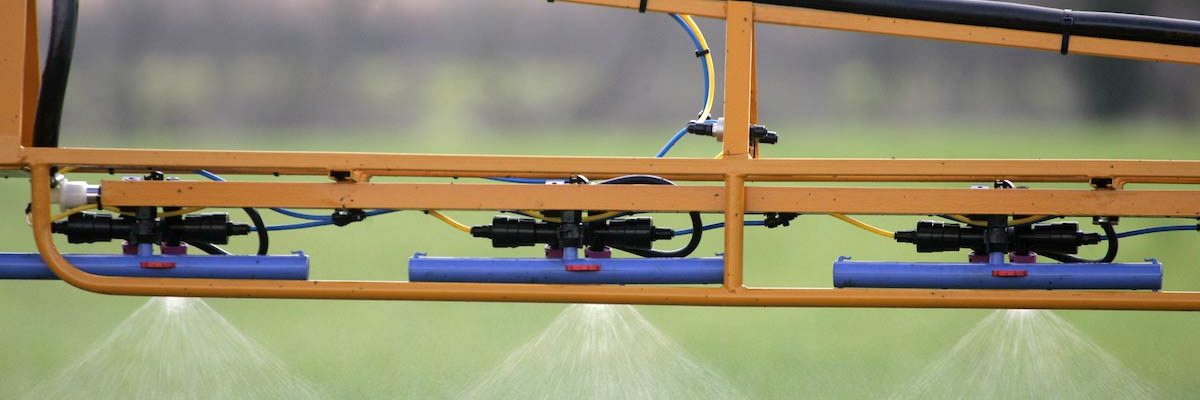Red Tractor responds to Integrated Pest Management report findings
Red Tractor’s voluntary scheme is the bedrock of progressive farming in Britain – assuring food that is responsibly produced.
Integrated Pest Management (IPM)-based strategies will be central to the future management of pests and disease on farm. We welcome the constructive suggestions made in the report by Nature Friendly Farming Network, Pesticide Action Network UK and The Royal Society for the Protection of Birds on how our standards could evolve to meet key challenges.
However, it should be remembered that the UK is one of the most regulated markets in the world and agriculture’s recent record on safety is second to none.
The Expert Committee of Pesticide Residues in Food shows that UK fresh produce already has lower levels of pesticide residues than imported products.
Our standards align with Defra’s National Action Plan for Pesticides and aim to meet IPM expectations linked to the Sustainable Farming Incentive.
Where standards are raised and farms are asked to go further, a clear rationale to build industry support for change is needed, particularly as we face increasing competition from imports.
All of this should be considered and balanced alongside the ultimate aim to deliver safe, affordable food for all.
The strong reputation of Red Tractor assured producers is underpinned by a joined-up approach with stakeholders, including BASIS and the Voluntary Initiative (VI), to create a professional framework for safe, responsible pesticide use within an IPM framework.
This minimises the regulatory burden for farms, as well as advancing standards for the entire industry, and is something that is rarely replicated in other countries.
The UK’s major supermarkets are seeking to reduce pesticides in their supply chains – many are working with PAN UK to strengthen their policies. Red Tractor certification is often used to prove they’re doing all they can to ensure suppliers are using pesticides responsibly.
It is important to recognise that growers may already exceed market access expectations applied to imports, but do not always receive a premium or improved market access for this.
We must work in partnership with the entire industry to ensure we do not simply offshore this challenge.

